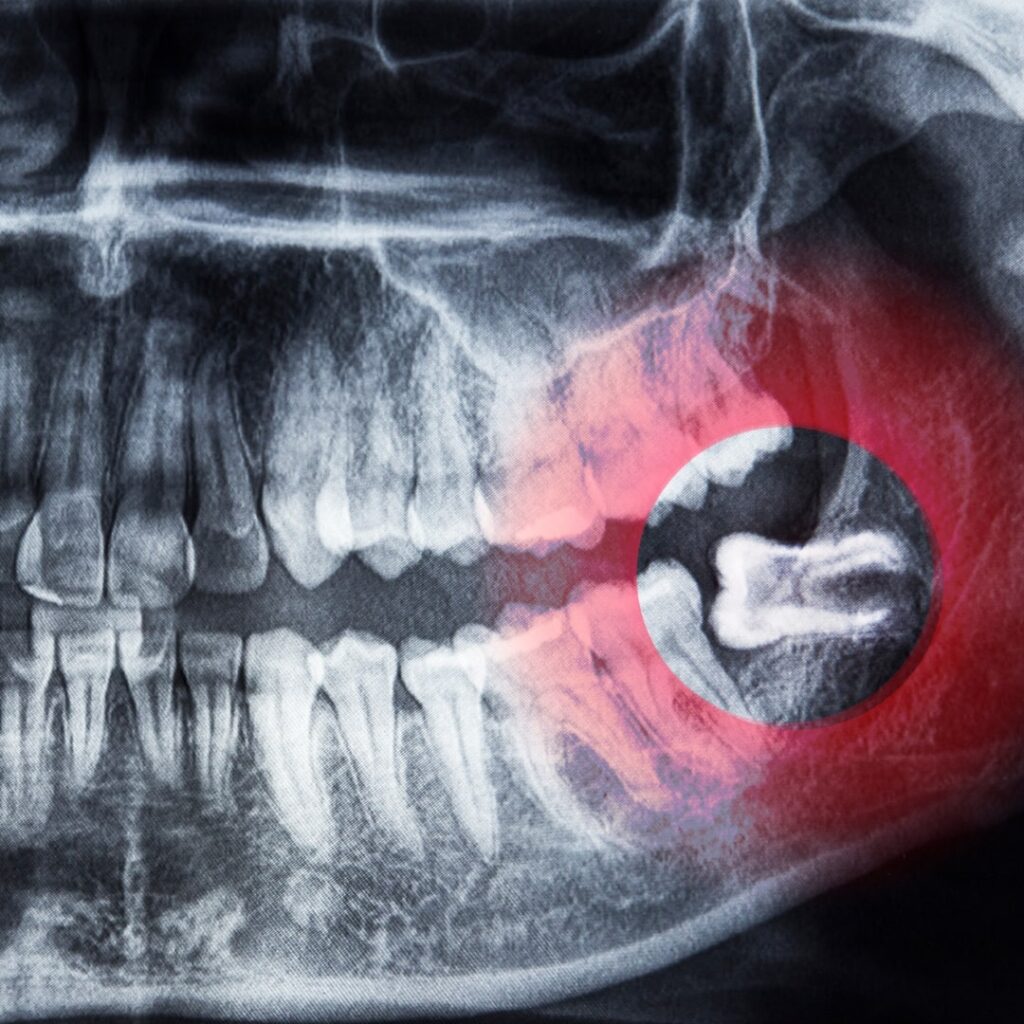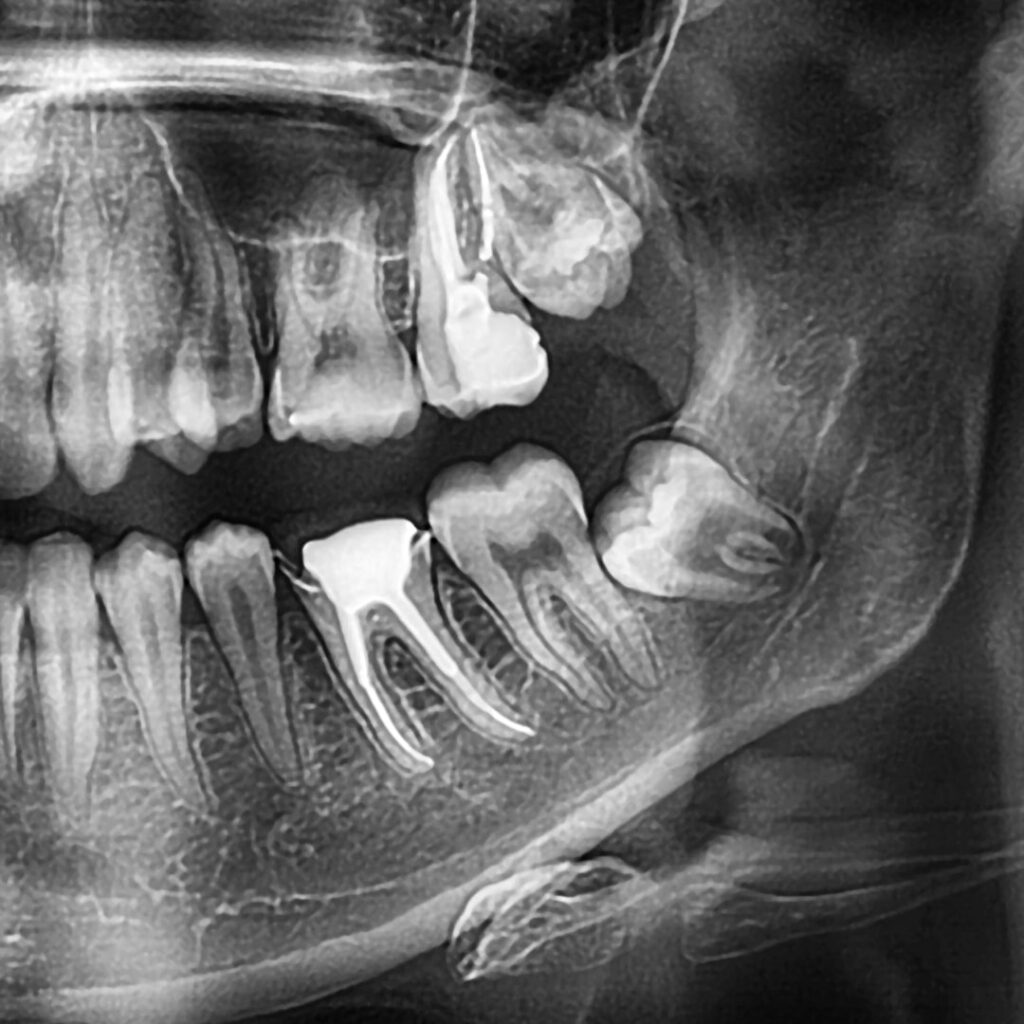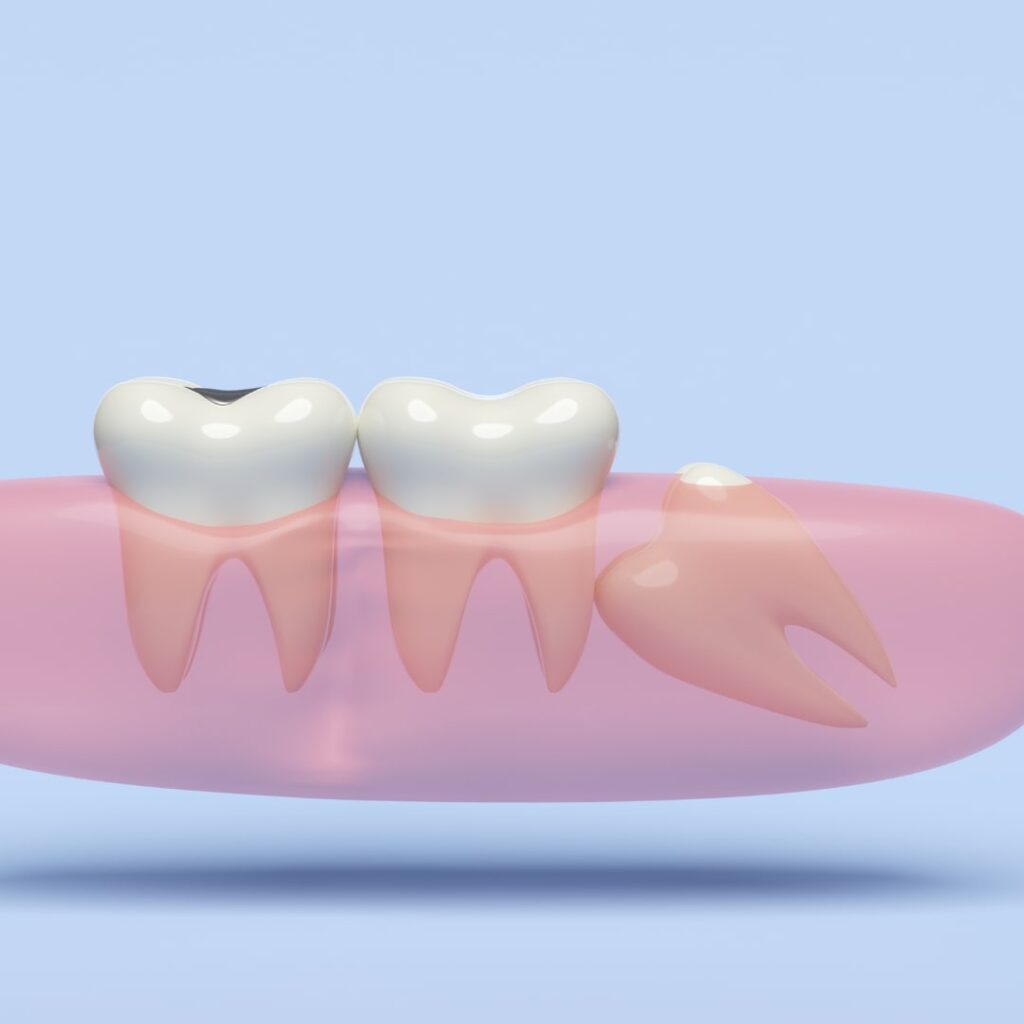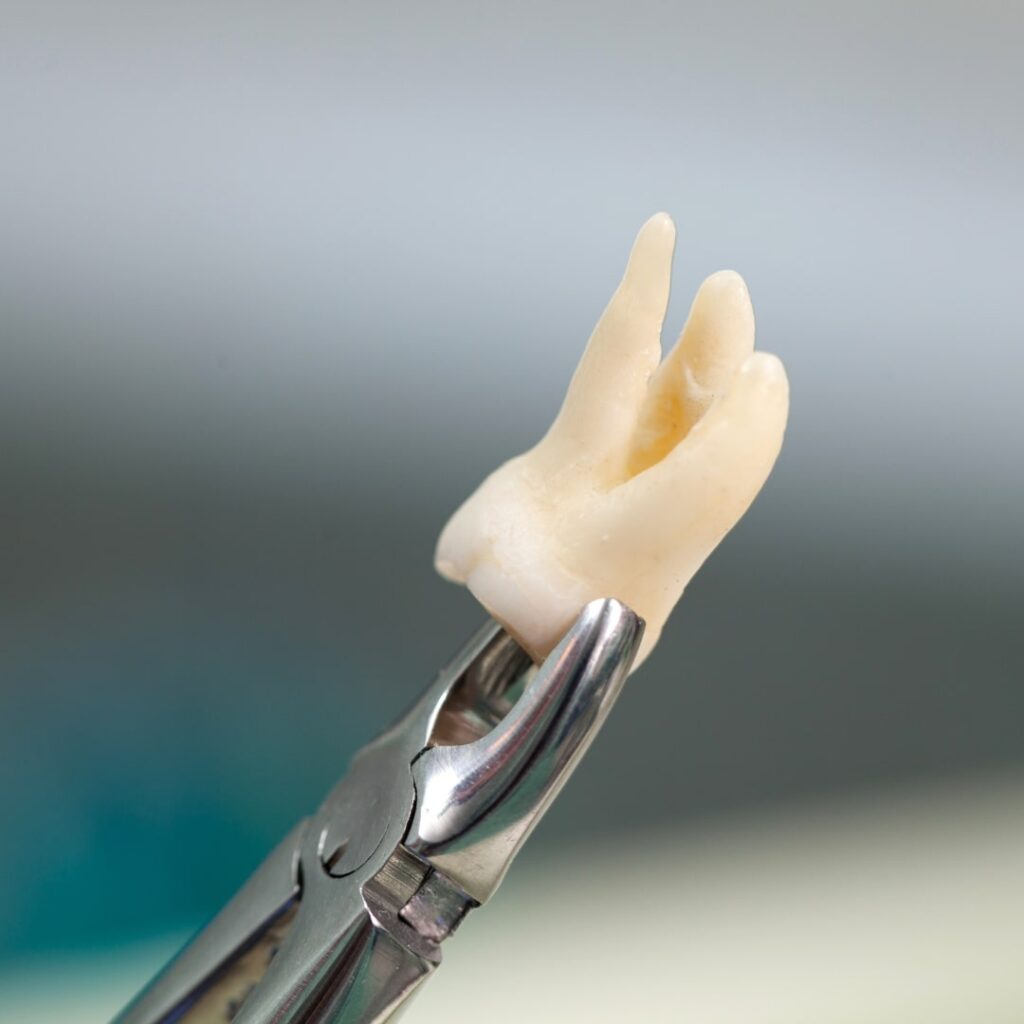Wisdom Tooth Surgery – Gentle Care for a Comfortable, Worry-Free Experience
Wisdom tooth surgery might seem intimidating. Whether you’re worried about pain, the procedure itself, or the recovery, you’re not alone.
At our clinic, we’re here to make the experience as stress-free and comfortable as possible. With a focus on your comfort and safety, we’ll guide you through every step, so you can feel confident and cared for.
Book Your Appointment
You can use the form below and we will get back to you as soon as possible.
Wisdom Tooth Surgery – Easy, Comfortable, Step by Step
Wisdom tooth surgery doesn’t have to be a painful or frightening experience. We’re here to make the entire process as gentle and reassuring as possible, with a focus on your comfort, care, and recovery. Let us take the worry out of the procedure, so you can focus on healing and getting back to your routine with confidence.

Step 1: Personalized Consultation – Your Concerns Matter
The first step is understanding your unique needs and concerns. Whether it’s pain, swelling, or the fear of surgery itself, we’re here to listen and make sure you’re fully informed.
What to expect: A thorough exam, including X-rays, to evaluate your wisdom teeth and determine the best course of action. We’ll explain why the surgery may be necessary, walk you through each step of the procedure, and answer any questions you may have about anesthesia, discomfort, or recovery. This is your time to express any fears or worries—we’re here to help.

Step 2: The Surgery – Painless and Gentle Care
When it’s time for the procedure, our focus is on ensuring you’re completely comfortable. Wisdom tooth surgery might sound overwhelming, but with our careful approach, we aim to make it as simple and painless as possible.
What to expect: Depending on your situation, you’ll receive local anesthesia, sedation, or general anesthesia, so you won’t feel pain during the procedure. Most patients are surprised at how quick and smooth the surgery is. We take every measure to ensure your comfort throughout, and you’ll be supported by a caring team from start to finish.

Step 3: Recovery and Support – Healing with Care
After the surgery, we’re here to ensure you have a smooth, comfortable recovery. You’ll receive detailed aftercare instructions to help manage any discomfort and speed up healing.
What to expect: Mild swelling or discomfort is common, but we’ll provide you with the guidance and medications you need to manage it easily. We’ll also give you a clear plan for aftercare—how to keep the area clean, what foods to avoid, and when you can return to your normal activities. If you ever have concerns during recovery, we’re just a call away. Follow-up appointments will ensure everything is healing well.

When is wisdom tooth removal needed?

Impacted wisdom teeth: If wisdom teeth don’t have enough space to fully emerge, they can become impacted (trapped beneath the gums or in the jawbone). Impacted teeth can lead to pain, infection, or damage to nearby teeth, making surgical extraction necessary.
Partial eruption: Wisdom teeth that partially erupt through the gums can create a flap of gum tissue that easily traps food and bacteria, increasing the risk of infections like pericoronitis. Surgery is often recommended to remove these partially erupted teeth to prevent recurring infections.
Crowding and misalignment: As wisdom teeth try to emerge, they can push against neighboring teeth, causing crowding or shifting. In some cases, this misalignment can interfere with orthodontic treatments or undo previous work from braces. Surgical extraction is advised to prevent these alignment issues.

Tooth decay or gum disease: Because wisdom teeth are located at the back of the mouth, they can be difficult to clean properly. This increases the risk of decay, cavities, and gum disease. If a wisdom tooth is damaged or decayed beyond repair, extraction is the best option to prevent infection and maintain oral health.
Cyst or tumor formation: In some cases, impacted wisdom teeth can lead to the development of cysts or, more rarely, tumors in the jawbone. Surgical removal of the wisdom teeth is recommended to prevent these conditions from damaging the surrounding bone or teeth.
Jaw pain or discomfort: The pressure of wisdom teeth emerging can cause pain in the jaw, headaches, or difficulty opening the mouth. If the wisdom teeth are contributing to ongoing discomfort, surgery can provide relief.

Preventing future complications: Even if wisdom teeth are not currently causing problems, dentists may recommend preemptive extraction. This is especially common when X-rays show that wisdom teeth are likely to become impacted or problematic in the future, preventing issues before they arise.
Infection risk: When wisdom teeth are trapped beneath the gums or only partially erupted, they create pockets where bacteria can thrive. This can lead to gum infections or abscesses. Surgery helps remove the source of infection and protect overall oral health.
Wisdom tooth surgery is often recommended to prevent or resolve pain, infection, and other complications associated with wisdom teeth. By removing these teeth, patients can maintain a healthier, more comfortable smile while avoiding future dental issues.

